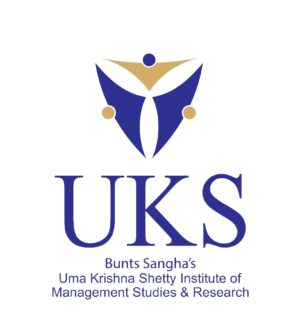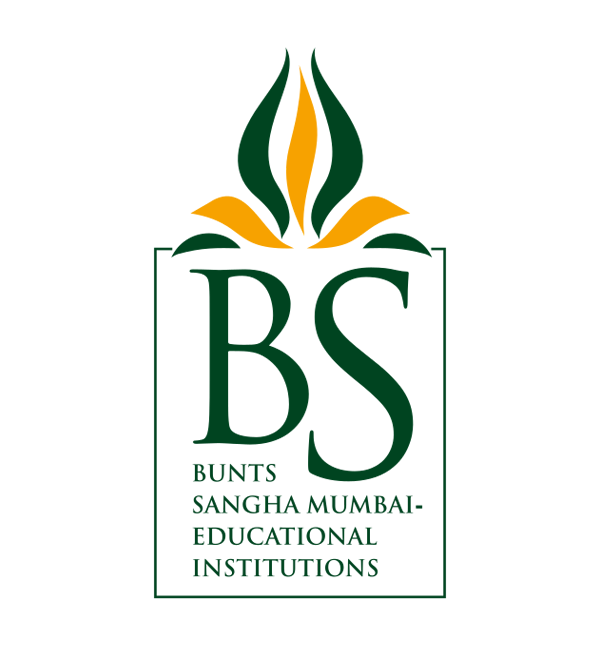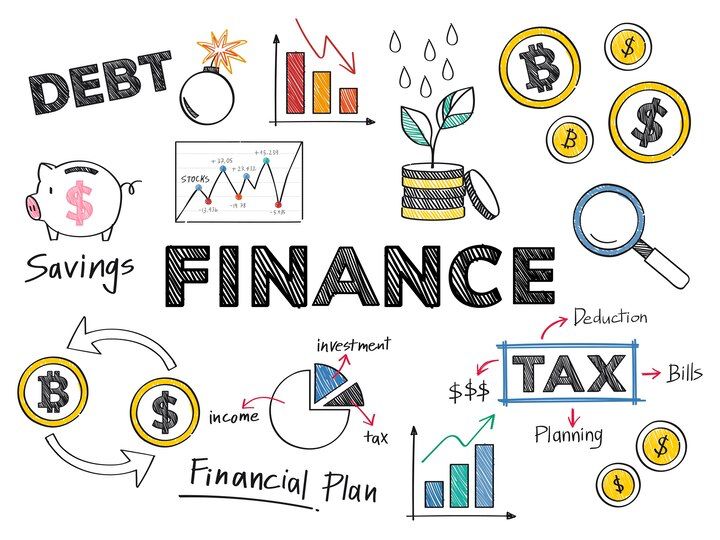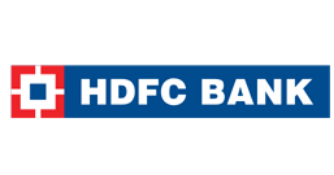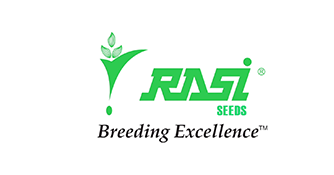A Post Graduate Diploma in Management (PGDM) in Finance is a specialized management program that focuses on developing expertise in financial management, investment strategies, and related areas within the business world.
Below is a comprehensive guide to understanding the PGDM in Finance course:
- Overview:
Duration: PGDM programs typically span two years. - Curriculum:
Core Subjects: Common subjects include financial accounting, managerial economics, corporate finance, financial markets, and financial statement analysis.
Specialized Courses: The curriculum will include specialized finance courses like investment management, risk management, derivatives, and international finance.
Practical Training: Some programs incorporate internships, case studies, and real-world projects to provide hands-on experience.
- Skill Development:
Analytical Skills: Emphasis is placed on developing strong analytical skills for financial decision-making and problem-solving.
Communication Skills: The ability to convey complex financial information clearly is crucial, and programs often include communication skill development.
- Industry-Relevant Exposure:
Guest Lectures: Industry experts may be invited for guest lectures to provide practical insights.
Industry Visits: Some programs facilitate visits to financial institutions, stock exchanges, and corporate offices for practical exposure.
- Research and Projects:
Thesis/Dissertation: Many programs require students to undertake a research project or dissertation in the field of finance.
Real-World Applications: Projects might involve analysing financial data, evaluating investment opportunities, or solving real-world financial challenges.
- Career Opportunities:
Financial Analyst: Analyzing financial data to provide insights and recommendations.
Investment Banker: Facilitating mergers, acquisitions, and managing financial portfolios.
Corporate Finance: Managing financial activities within a company, including budgeting and financial planning.
Risk Manager: Identifying and mitigating financial risks for organizations.
Asset Management: Managing investment portfolios for clients.
- Future Trends:
Technology Integration: With the growing influence of technology in finance, programs may cover fintech, blockchain, and data analytics.
Sustainability and Ethical Finance: Increasing focus on sustainable and ethical financial practices.
- Global Perspective:
Some programs may offer an international perspective on finance, considering the global nature of financial markets. - Alumni Network:
A strong alumni network can provide valuable connections and opportunities for career advancement.
In conclusion, a PGDM in Finance is designed to equip students with the skills and knowledge needed to excel in various finance-related roles, offering a balance between theoretical concepts and practical applications in the dynamic field of finance.
